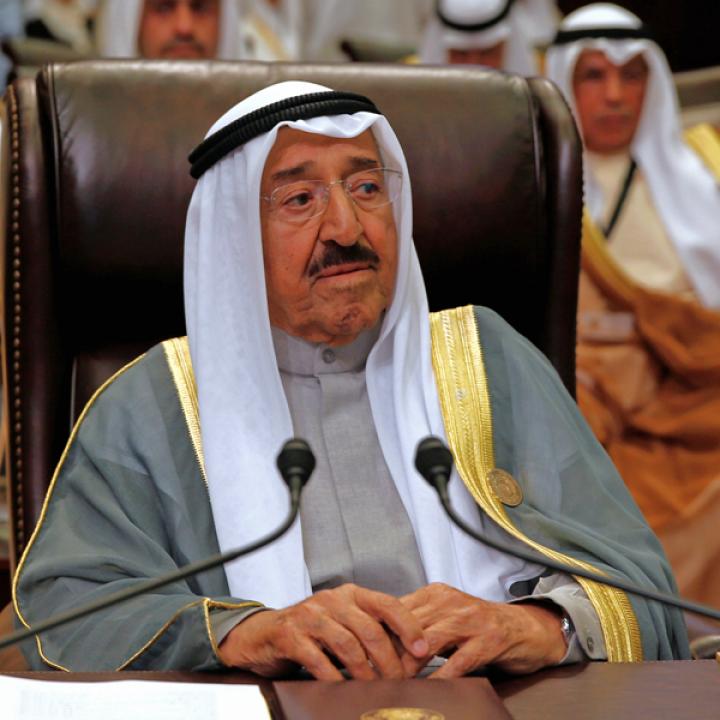

With Secretary of State Rex Tillerson now in Kuwait to support its mediating role in a severe intra-Arab crisis, an analysis of that country's unusual political and social dynamics is particularly timely. Relative to its neighbors, Kuwait is indeed a sort of middle ground in terms of several key issues currently in dispute among them: sectarian demographics, relations with Iran, and ties to Islamist parties or fundamentalist groups. In at least one respect, however, Kuwait stands out from these and many other Arab states today: it has a comparatively functional, stable, and peaceful system of parliamentary elections, including successful opposition candidates, a media environment freer than most, and an active network of relatively independent civil society organizations.
Yet, six years after the Arab Spring, Kuwait presents many political paradoxes. Almost a constitutional monarchy, but with a royal family that rules as well as reigns, it has one of the most active and empowered democratically elected parliaments of any Arab state. Nevertheless, that parliament more frequently blocks rather than bolsters real political, social, or economic reform. Moreover, sectarian tensions between the Sunni majority and the large Shia minority have risen steadily during these years. Still, on the whole, this small country remains, especially compared to so many other Arab societies, a model of "consensual sects."
This essay illuminates these paradoxes, and looks ahead to the most plausible prospects for Kuwait's unique future trajectory. The new U.S. guiding principle for dealing with this delicately balanced system should be "America, first, do no harm."
THE AUTHOR
DAVID POLLOCK, the Kaufman fellow at The Washington Institute, is the director of Project Fikra, a research program designed to promote positive change and counter the spread of extremism in the Middle East.




